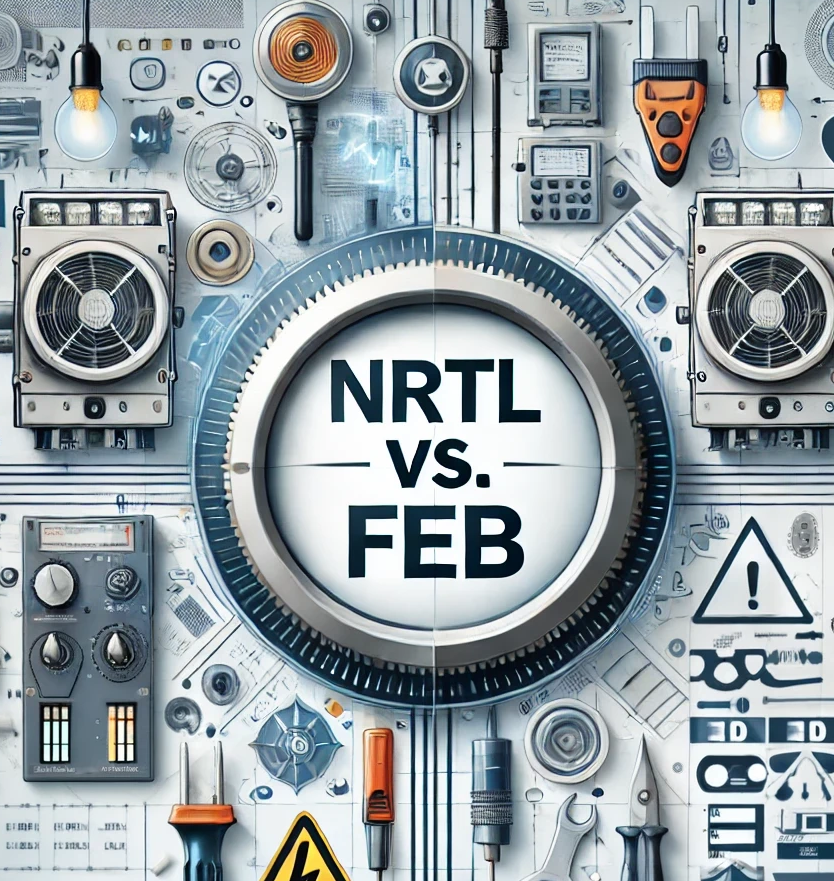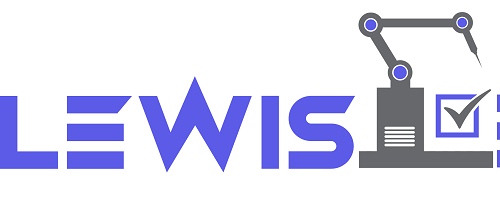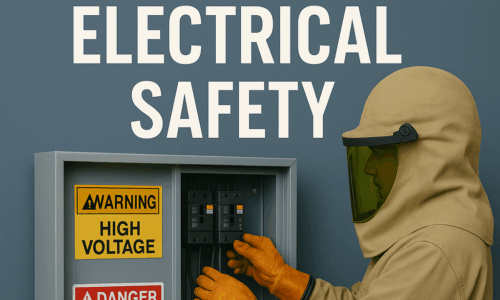NRTL vs. FEB: How They Achieve the Same Goal for Field Labeling Unlisted Equipment
When it comes to ensuring electrical equipment is safe and up to code in the United States…
…two key players often come into the spotlight: Nationally Recognized Testing Laboratories (NRTLs) and Field Evaluation Bodies (FEBs).
While their names might sound technical and their roles a bit intimidating, they both serve a similar purpose — making sure unlisted equipment complies with safety standards like NFPA 79 and NFPA 791. Let’s kick-off our NRTL vs FEB comparison on who does field labeling the best! (Just kidding…they both do the exact same work scope.)
What Do NRTL and FEB Stand For?
- NRTL (Nationally Recognized Testing Laboratory): These are independent organizations, like CSA or Intertek, recognized by OSHA to certify products for safety.
- FEB (Field Evaluation Body): These can be both specialized organizations like Lewis Bass or separate divisions of NRTLs authorized to inspect and label unlisted equipment directly in the field.
NRTLs and FEBs are all about...
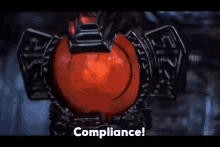
Now, first: some history on the creation of NRTLs and FEBs
The Origins of NRTLs
NRTLs were developed in response to increasing industrialization and the growing complexity of equipment used in workplaces and consumer products. Here’s how it unfolded:
- Industrial Revolution and Early Safety Concerns:
- As industries expanded, new electrical and mechanical products entered the market, often without adequate safety oversight. This led to accidents and injuries, prompting a need for standardized safety measures.
- Early organizations like Underwriters Laboratories (UL) were formed in the late 19th and early 20th centuries to test and certify equipment.
- Government Involvement and OSHA:
- In 1970, the Occupational Safety and Health Act (OSH Act) established the Occupational Safety and Health Administration (OSHA) in the United States. OSHA’s mission was to ensure workplace safety.
- Recognizing the need for independent testing and certification, OSHA established the NRTL Program to designate third-party laboratories capable of evaluating and certifying products for workplace safety according to specific standards.
- Role of Standards Development Organizations (SDOs):
- SDOs like the National Fire Protection Association (NFPA) and American National Standards Institute (ANSI) develop the safety standards that NRTLs follow.
- NRTLs, accredited by OSHA, ensure that products comply with these standards through rigorous testing and certification.
The Rise of Field Evaluation Bodies (FEBs)
FEBs came into existence to address situations where equipment or systems could not be evaluated under traditional NRTL certification processes. This is particularly relevant for custom-built, modified, or one-of-a-kind equipment.
- Unique Equipment Challenges:
- Not all equipment fits neatly into the categories covered by standard certifications. Custom-built or prototype equipment used in specialized applications often requires a tailored safety evaluation.
- NFPA and Local Authorities:
- Standards like NFPA 790 and NFPA 791, which focus on field evaluations and conformity assessments, formalized the role of FEBs.
- FEBs work closely with Authorities Having Jurisdiction (AHJs) to ensure equipment meets safety requirements in its actual operating environment.
- Regulatory Support:
- Governments and regulatory bodies recognized the importance of FEBs for ensuring safety without stifling innovation in industries like manufacturing, research, and construction.
- FEBs provide an alternative path to compliance when certification by an NRTL is not feasible, ensuring safety without disrupting project timelines.
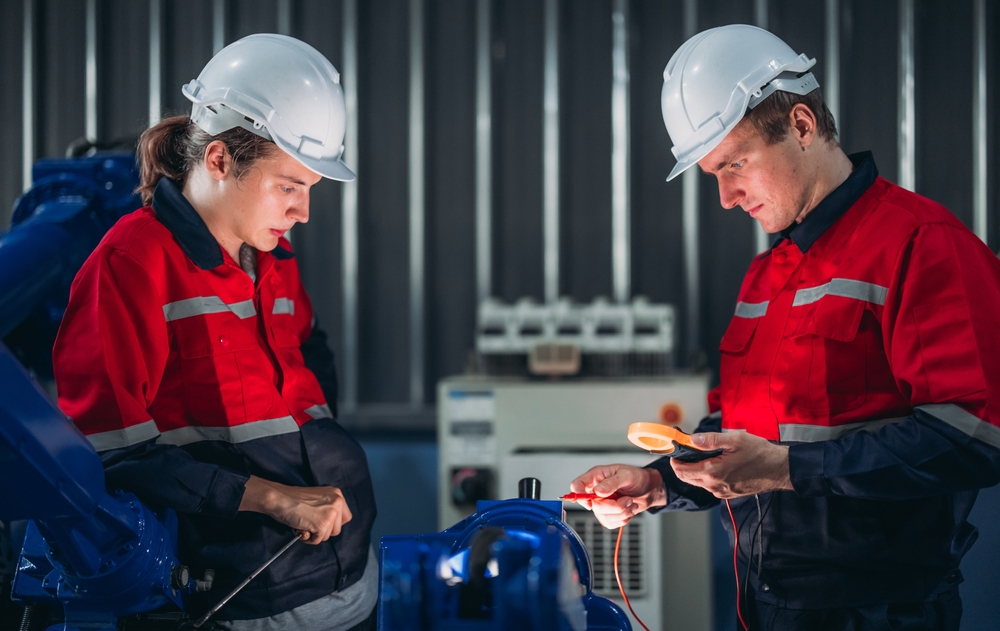
NRTLs and FEBs Have a Common Goal: Field Labeling Unlisted Equipment
Not every piece of electrical equipment comes with an NRTL mark fresh from the factory. Sometimes, custom-built or modified equipment enters the field without certification. That’s where NFPA 79 (for industrial machinery) and NFPA 791 (guidelines for evaluating unlisted electrical equipment) come into play.
Both NRTLs and FEBs follow the same NFPA guidelines to evaluate, test, and ultimately label this equipment as safe. Think of it like a health inspector checking a new restaurant: whether it’s a local inspector or one from a national agency, the safety criteria are the same.
How the Process Works
- Evaluation: Both NRTLs and FEBs will evaluate the equipment against NFPA 79 and NFPA 791 standards.
- Testing: Electrical safety tests, including insulation resistance, ground continuity, and overload protection, are performed.
- Labeling: Once the equipment passes inspection, a certification label is applied, giving the green light for safe operation.
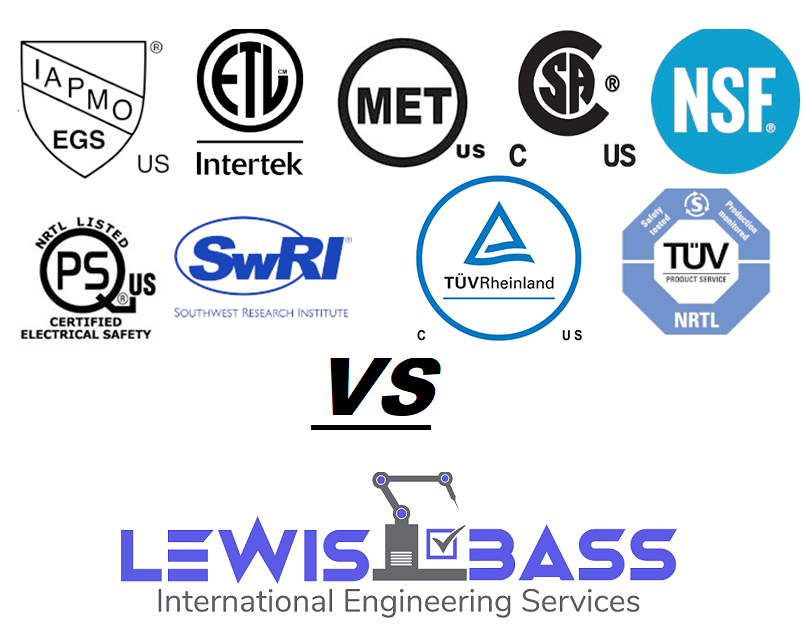
Key Differences (or Lack Thereof)
While NRTLs often handle mass-produced equipment certifications in controlled labs, FEBs specialize in evaluating unique or modified equipment directly at the installation site. However, when it comes to field labeling, their scope of work and adherence to NFPA standards are essentially identical.
The big takeaway? Whether it’s an NRTL or FEB performing the evaluation, the end result is the same: a safe, compliant, and properly labeled piece of equipment.
Why This Matters to You
If you’re dealing with unlisted electrical equipment, the choice between an NRTL or FEB often comes down to convenience and timing. FEBs are often faster and more adaptable since they can evaluate equipment on-site without the need for transportation to a lab.
In short, whether you see an NRTL or FEB label on your equipment, you can rest easy knowing it’s been thoroughly evaluated and meets the safety standards required by NFPA 79 and NFPA 791.
Safety isn’t about NRTL vs FEB and/or who does the same job better, it is about which company inspects your equipment — and it’s about ensuring it’s done right.
If you’re unsure which route to take for your field labeling needs, reach out to the team at Lewis Bass. We’ll guide you every step of the way to ensure your equipment is compliant, safe, and ready for operation.
